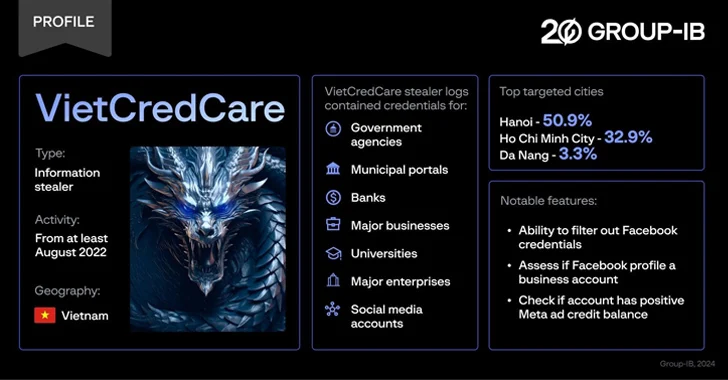In the Facebook vs Eva Glawischnig-Piesczek case, Europian Union’s highest court has ruled against the Silicon Valley tech giant.
Under the ruling, which cannot be appealed, countries can order Facebook to take down all kinds of content (posts, comments, images, videos) on a global scale.
#ECJ : #EU law does not preclude a host provider such as #Facebook from being ordered to remove identical and, in certain circumstances, equivalent comments previously declared to be illegal https://t.co/BXuldkaxWx
— EU Court of Justice (@EUCourtPress) October 3, 2019
The court ruling is a major blow to Facebook, which already has a lot on its plate — from the data leaks that are now more frequent than ever to anti-trust investigations. The decision also undermines Facebook’s 11-member oversight board which was supposed to review content published on the platform.
What is the Facebook vs Eva Glawischnig-Piesczek case?
The landmark ruling is based on events that stretch back to 2016. Back then, Eva Glawischnig-Piesczek, a former Austrian politician, sued Facebook after the platform formally denied to remove “reputation-damaging content.”
Eva wanted Facebook to take down damaging content from the platform globally. The comments were posted by a Facebook user which called Ms.Glawischnig-Piesczek as a lousy traitor of the people, corrupt oaf and member of a fascist party.
After Facebook’s refusal to bow down, Eva filed a court case in the Austrian Supreme Court who referred the case to the European Court of Justice.
Implications of Facebook’s Global Takedown ruling
The court ruling is going to set up many hurdles for Facebook, given the involvement of authorities in patroling content is now more than ever. It also undermines Facebook’s long fight against hate-speech.
Now onwards, even if Facebook allows some content to remain on the platform, the courts will have the authority to remove the content, rejecting Facebook’s review of the post in the process.
However, the biggest implication of the new ruling will be how free speech is regulated online. Critics of the ruling have said that checking content on a global level will have a huge impact on free speech.
Plain and simple: free speech has a very loose definition. Moreover, the definition blurs even more in different cultures and languages. In a nutshell, derogatory comment in one part of the world could be completely causal for a different part.
With no uniform defamation laws, a single nation speaking on behalf of the entire world would definitely bring some friction.
“This judgment raises critical questions around freedom of expression and the role that internet companies should play in monitoring, interpreting and removing speech that might be illegal in any particular country,” the company said in a statement.”










